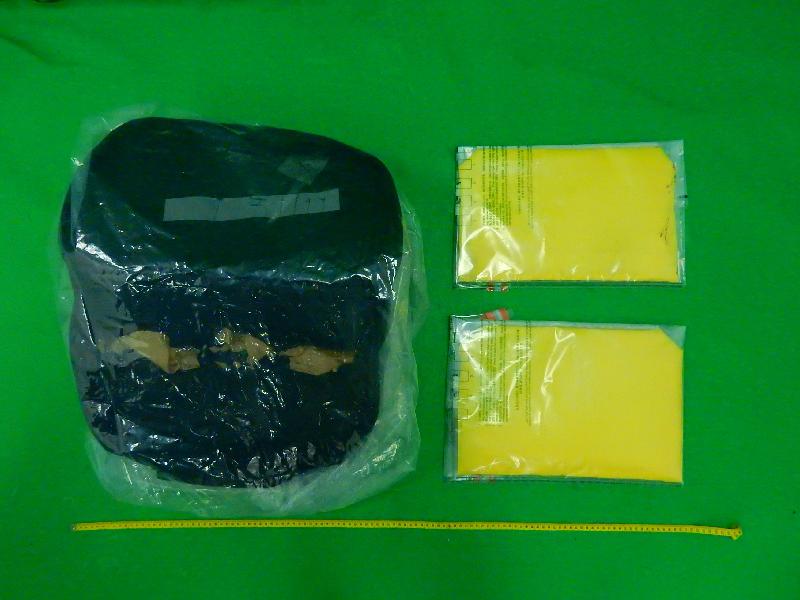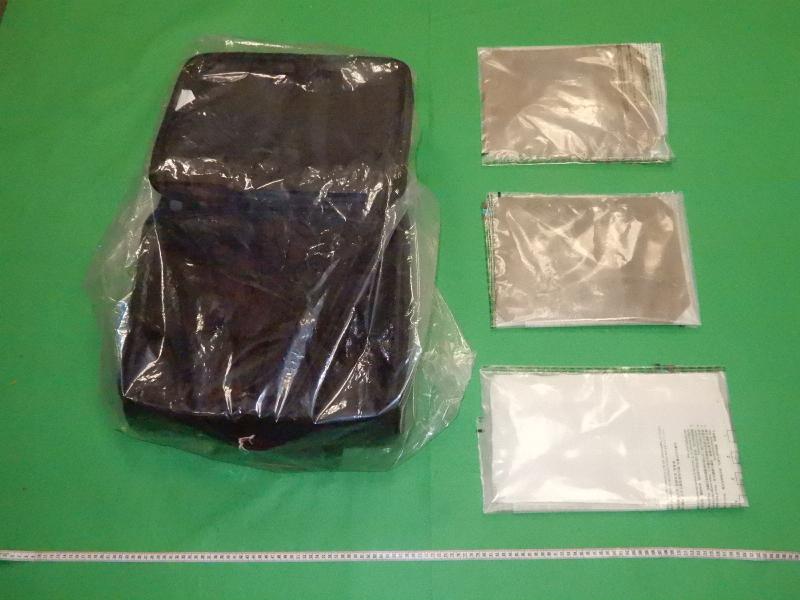HKSAR Government responds to media enquiries regarding 2019 Rural Ordinary Election
In response to media enquiries regarding the 2019 Rural Ordinary Election, a spokesman for the Hong Kong Special Administrative Region (HKSAR) Government today (December 2) replies as follows:
Article 26 of the Basic Law stipulates that "Permanent residents of the Hong Kong Special Administrative Region shall have the right to vote and the right to stand for election in accordance with law". The HKSAR Government all along respects and safeguards the rights enjoyed by Hong Kong residents according to law, including the aforesaid rights to vote and to stand for election. At the same time, the HKSAR Government has a duty to implement and uphold the Basic Law and to ensure that all elections will be conducted in accordance with the Basic Law and relevant electoral laws.
The constitutional and legal status of the HKSAR is very clear. Article 1 of the Basic Law points out that the HKSAR is an inalienable part of the People's Republic of China (PRC). Article 12 of the Basic Law states that the HKSAR shall be a local administrative region of the PRC, which shall enjoy a high degree of autonomy and come directly under the Central People's Government. Further, Article 159(4) of the Basic Law stipulates that no amendment to the Basic Law shall contravene the established basic policies of the PRC regarding Hong Kong (i.e. Hong Kong should be a special administrative region of the PRC under the "one country, two systems" principle).
"Self-determination" or advocating independence could be an option for Hong Kong is inconsistent with the constitutional and legal status of the HKSAR as stipulated in the Basic Law, as well as the established basic policies of the PRC regarding Hong Kong.
The HKSAR Government notes that the Returning Officers for the 2019 Rural Ordinary Election have made decisions on the nomination of candidates. The HKSAR Government supports the making of decisions on the validity of nomination by the Returning Officers in accordance with the law. The Returning Officers have the duty as well as power to make those decisions according to the relevant electoral laws.
Regarding the Returning Officer's decision that the nomination of a candidate was invalid as he did not comply with section 24 of the Rural Representative Election Ordinance, the HKSAR Government agrees to and supports the decision by the Returning Officer.
Decisions made by the Returning Officer aim to ensure that the Rural Election is held in strict accordance with the Basic Law and other applicable laws in an open, honest and fair manner. There is no question of any political censorship, restriction of the freedom of speech or deprivation of the right to stand for elections as alleged by some members of the community.


